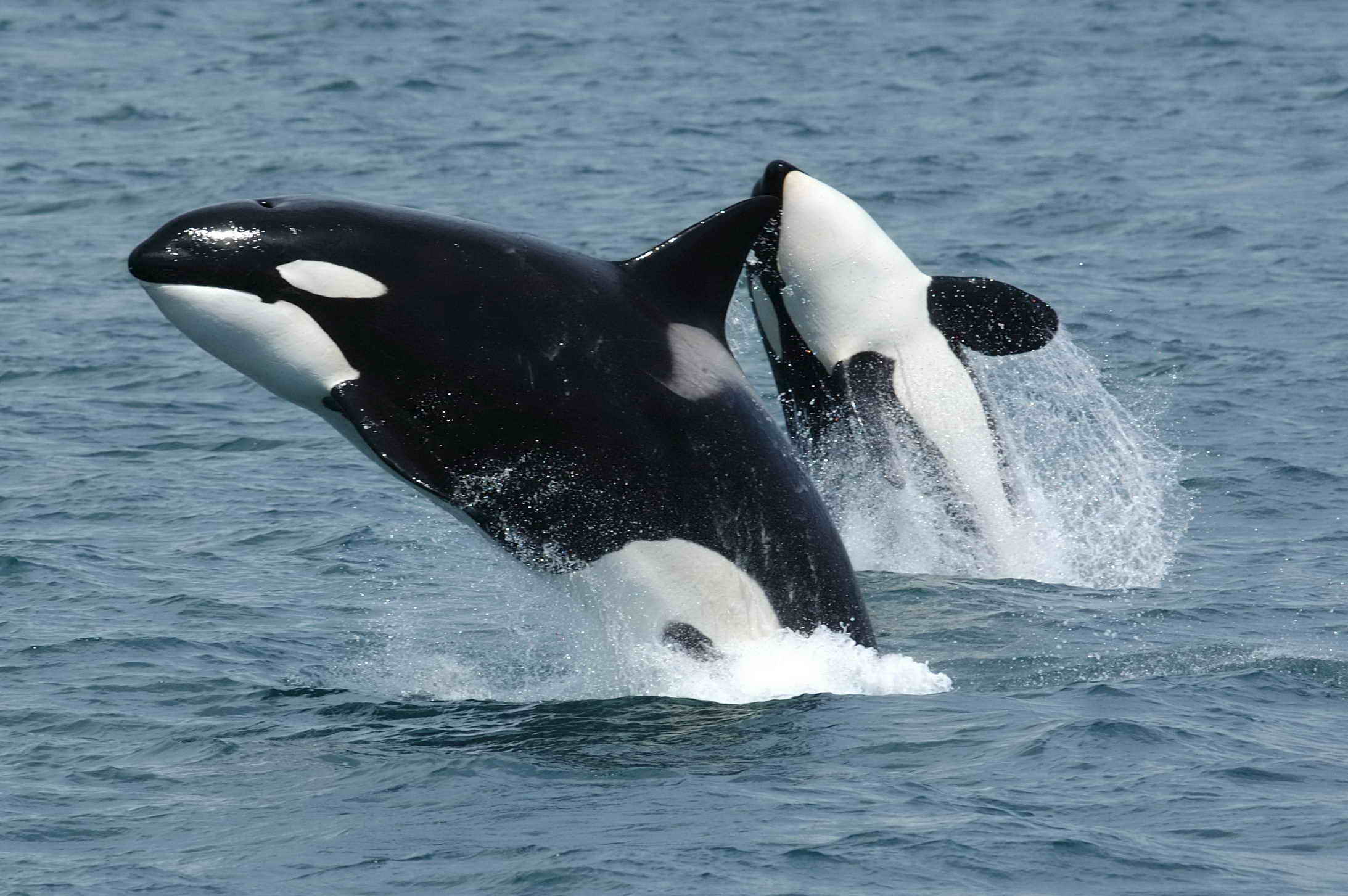The world was saddened on March 10, 2023 by the news of Kiska, the killer whale’s death, also known as “The World’s Loneliest Orca”. Kiska had been living in captivity at Marineland in Niagara Falls, Ontario for over 40 years, enduring the loss of her mate and offspring. Kiska’s passing has brought to the forefront the ethical concerns surrounding the keeping of wild animals in captivity for entertainment purposes.
Michèle Hamers, Wildlife Campaign Manager for World Animal Protection, expressed the organization’s heartbreak over her death.
“We were heartbroken when we heard the news,” states Hamers. “I think us and many people were hoping that Kiska would be able to live out her life in a sanctuary. The outcry of messages on the internet after the news broke was really moving and just showed how Kiska has been able to change Canadian attitudes towards the keeping of dolphins and whales in captivity.
“Despite our sadness, it is a relief to know that no other orca will ever be kept in a Canadian aquarium — this is, in part, thanks to Kiska,” Hamers adds.
In 2019, the Canadian government passed Bill S-203, which prohibits the keeping of cetaceans (marine mammals), including dolphins, whales, and porpoises, in captivity in Canada. However, Marineland was “grandfathered” in, allowing them to keep their current animals, but preventing them from purchasing or breeding new ones.
Hamers notes that this legislation made Kiska, as well as all the dolphins and belugas at Marineland, the last generation to live in captivity. However, Hamers believes there is more work that needs to be done in order to prevent other wild animals from suffering in captivity.
“There are many other wild animals suffering in captivity,” she says. “Elephants, great apes, and big cats are excellent examples of this. We would like the government of Canada to continue to lead the way on this. There is currently a bill in front of the Senate (Bill S-241), that, if passed, would have a significant impact on the lives of more than 800 wild animal species currently kept in Canada either in zoos or as pets.”
The ethical concerns surrounding the captivity of wild animals for entertainment purposes are numerous, and Hamers argues that it is unacceptable, no matter the species, highlighting that captivity restricts the possibility for wild animals to engage in their full range of natural behavior, leading to a state of “controlled deprivation”.
However, Hamers also notes that exemptions could be considered for research purposes, provided that necessary legislative mechanisms are in place to protect the welfare of those animals and ensure that the research program provides a benefit to the conservation or restoration of wild populations.
Kiska’s death has brought to the forefront the importance of addressing ethical concerns surrounding the captivity of wild animals for entertainment purposes. While legislation such as Bill S-203 is a step in the right direction, more work needs to be done to prevent the suffering of wild animals in captivity. As Hamers notes, the government of Canada has the opportunity to lead the way in protecting the welfare of wild animals in captivity, and Bill S-241 is a crucial step towards achieving this goal.


